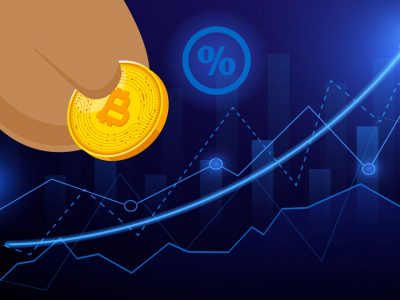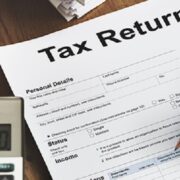
Investing in an IPO can be an exciting opportunity for all first-time investors to get in on the ground floor of a new company. Timing is the key when it comes to investing in an IPO. The right timing can lead to huge gains. So let’s explore when to invest in an IPO and why timing is essential.
Before we dive deep into when to invest, it’s important to understand what an IPO is. So, an IPO is the first time a company’s stock is offered to the public for sale. Companies use IPOs to raise capital and allow early investors to cash in on their investments. When an IPO is announced, it can generate a lot of buzz and excitement, leading investors to jump on board. Information on all the upcoming IPOs can be easily found on NSE India.
When a company goes public, it’s often still in its early stages, and the stock can be volatile. The stock price can fluctuate significantly in the first few months or even years after the IPO. So, investors need to consider markets when investing in an IPO carefully.
Timing is very critical when it comes to investing in an IPO. There is a list of factors to consider when deciding when to invest. Firstly, investors should look at the company’s financials. A profitable company has strong revenue growth, and a solid balance sheet is more likely to succeed than a company struggling financially. Investors should also look at the company’s business model and the industry it operates in. If the company has a unique offering and a competitive advantage and operates in a growing industry, it may be worth considering investing in the IPO.
Secondly, investors should consider the overall share market conditions. IPOs tend to perform better in a strong market, while they can struggle in a weak market. If the market is volatile or experiencing a downturn, it may be best to wait until the market stabilizes before investing in an IPO.
Thirdly, investors should consider the demand for the IPO. An oversubscribed IPO, meaning there is more demand for shares than shares available, can lead to a significant increase in the stock price after the IPO. However, investors should be cautious of companies with a lot of hype and demand but may need a solid business model or financials to back it up.
Lastly, investors should consider the lock-up period. After an IPO, insiders and early investors are usually subject to a lock-up period, during which they cannot sell their shares. When the lock-up period expires, these insiders may sell their shares, which can lead to a decline in the stock price. Therefore, investors should consider the lock-up period when deciding when to invest in an IPO.
In conclusion, investing in an IPO can be profitable, but timing is the most crucial key. Investors should consider the company’s financials, business model, industry, stock market conditions, demand for the IPO, and the lock-up period when deciding when to invest. Investing in an IPO is only sometimes a good idea, and investors should carefully consider the risks and potential rewards before deciding. By researching and understanding the timing factors, investors can make informed decisions and potentially reap significant gains from an IPO investment.











